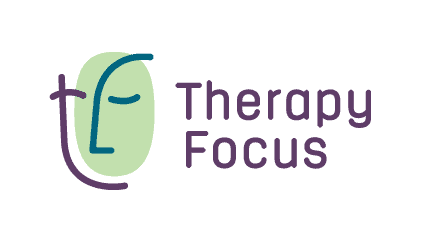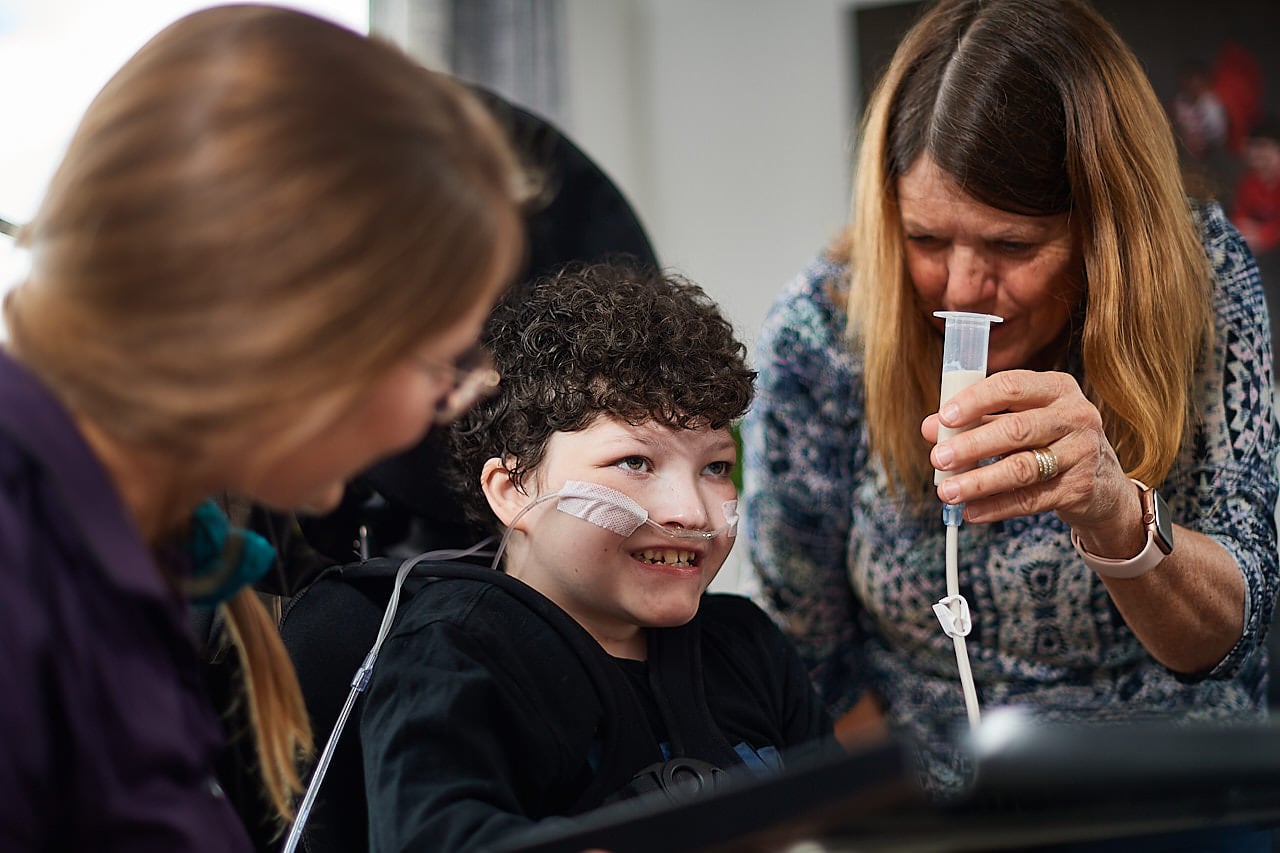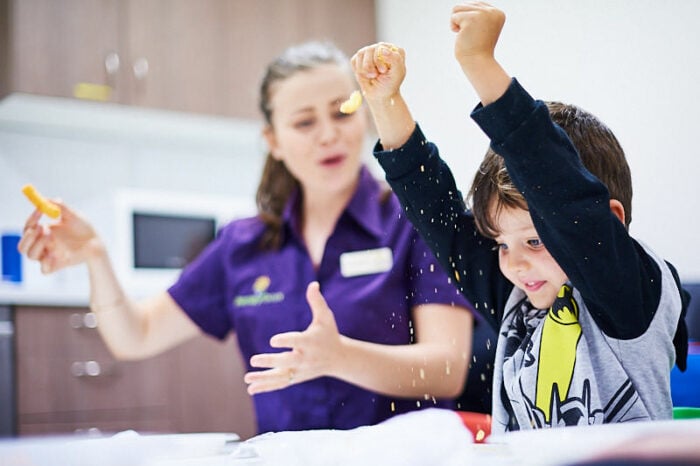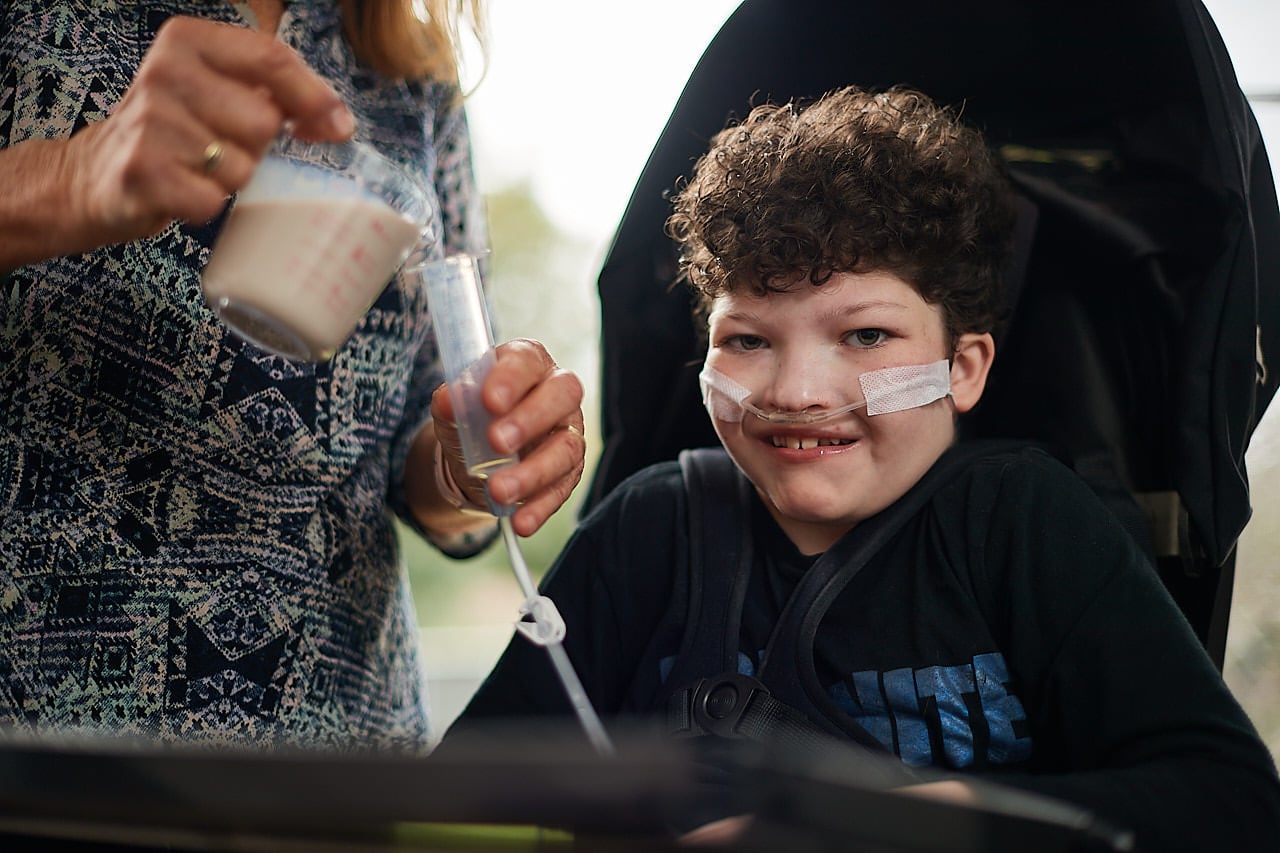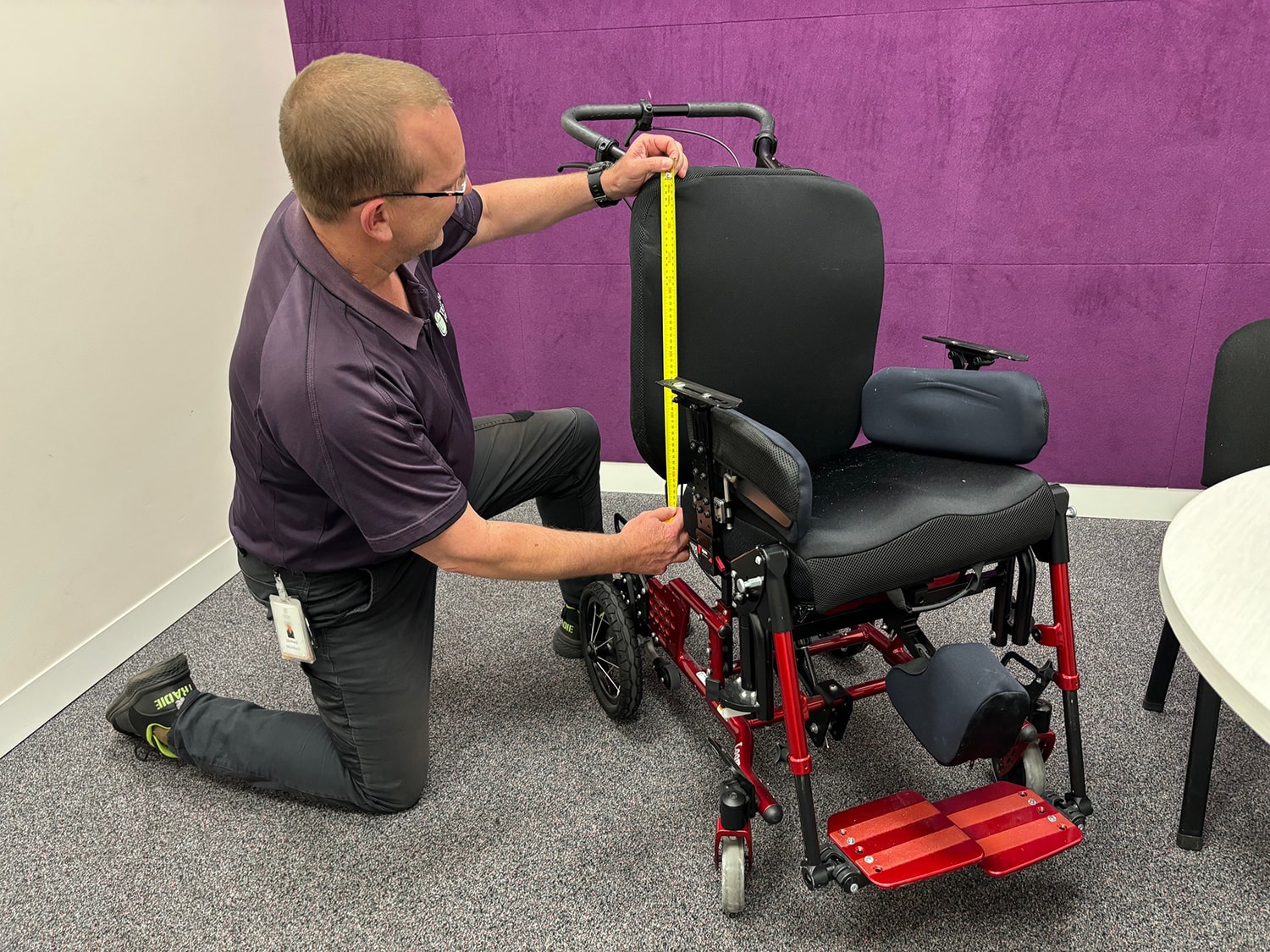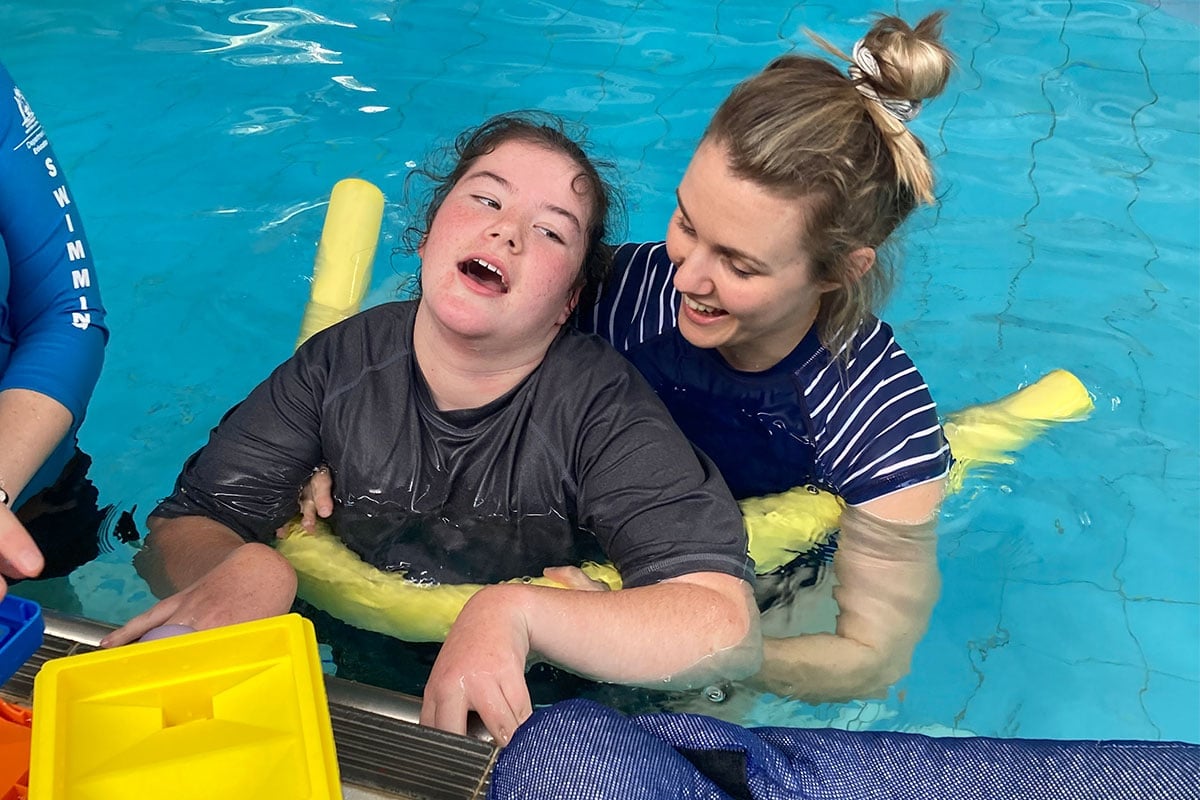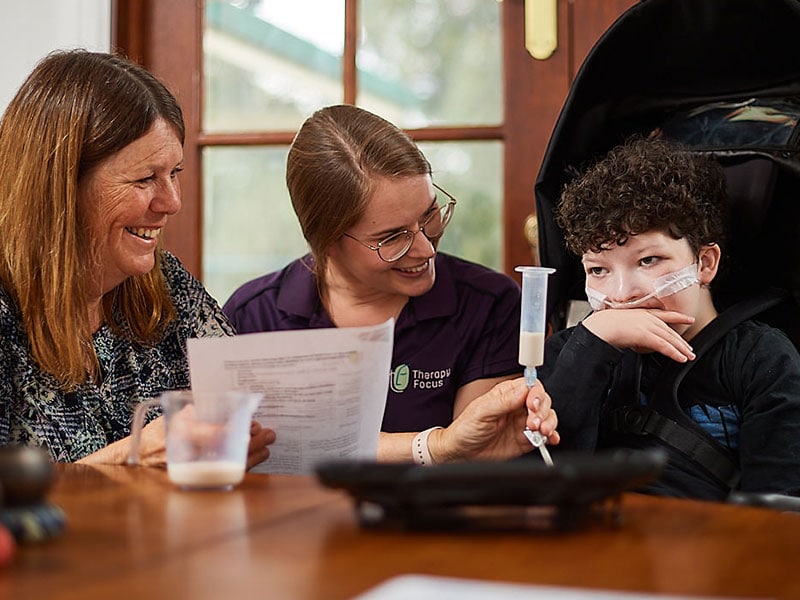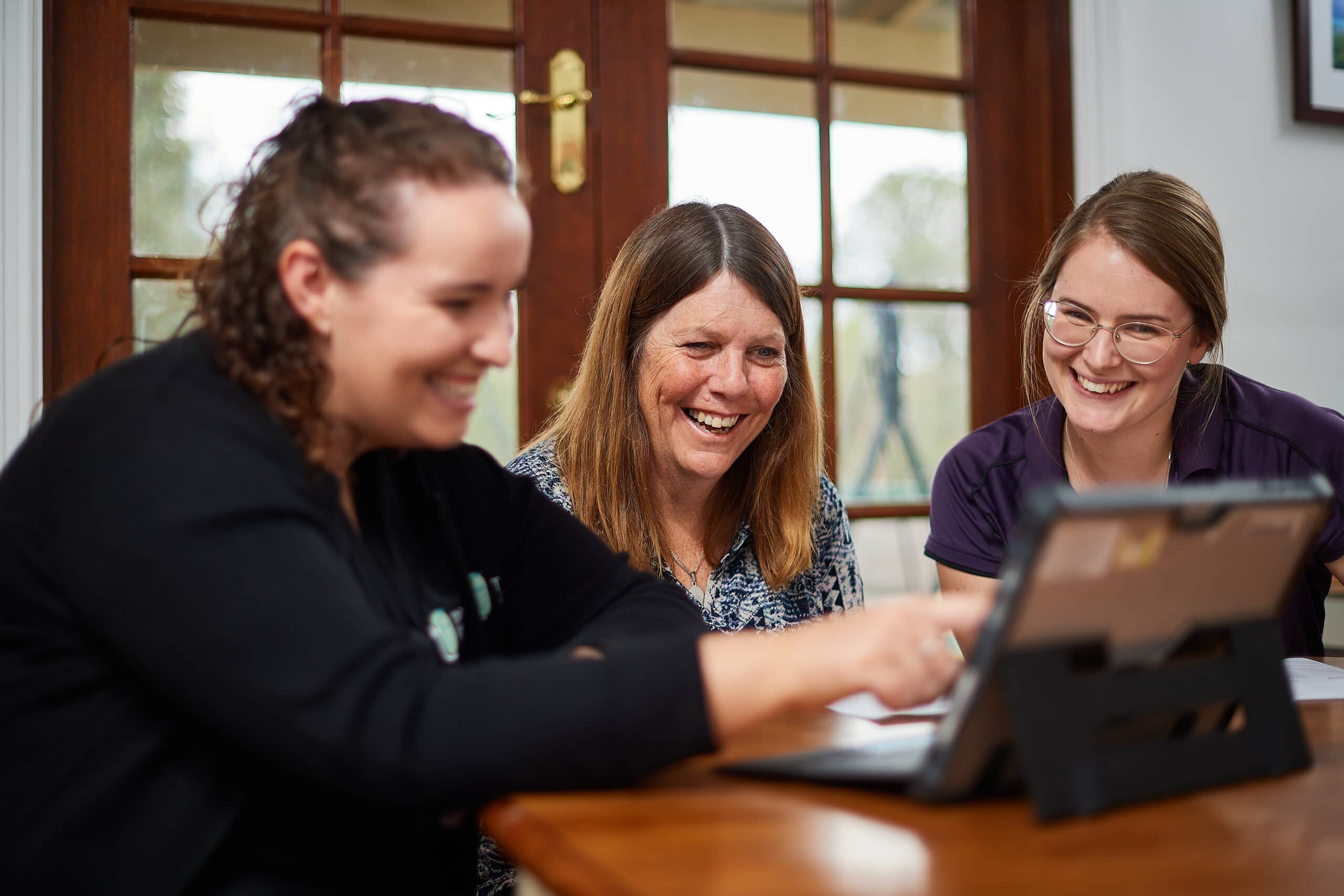A day in the life of a Dietitian
What does a dietitian do?
At Therapy Focus, the workload of our dietitians is quite varied, so every day is very different. I see customers in Perth’s eastern region either at their homes or at their closest Therapy Focus office. I also see some customers via Teletherapy.
This is what an average day can look like for me:
8:00am – 8:30am
I start my day at the Midland office. I grab a coffee, check my emails, and prepare for the sessions planned. I have one initial assessment, reviews with three customers, and one food play session. Preparation involves:
- Reading previous customer notes
- Reviewing handovers from other health services such as a hospital
- Printing customer handouts
- Preparing the foods, social story and warm-up activities for the food play session.
8:30am – 10:00am
I meet my first customer at the Midland office. This customer is new to our Dietetic Service and has been referred to Therapy Focus from the local hospital. He has delayed feeding skills that are impacting his growth and his parents are here for the initial nutritional assessment.
I complete the first part of my assessment, which includes gathering information such as growth history, feeding history, medical history, the mealtime environment and a lot of other information that relates to his feeding and mealtime challenges. It is important to look at mealtimes holistically – not just what a person is eating. I make another appointment to complete a mealtime observation at their home, which is the next part of their dietetic assessment.
10:00am – 11:00am
My next session is a Teletherapy appointment. This customer has cerebral palsy, which is a congenital disorder of movement, muscle tone or posture. In this case, the customer is unable to eat orally. She is fed through a tube that is inserted into her stomach and is on a blended diet instead of using a commercial enteral formula. This means her meals are cooked at home, blended to the correct consistency, and then syringed through the tube.
This customer needs support to ensure she is receiving the nutrition she requires to be well-nourished, strong and able to do the daily activities she enjoys. I have been using FoodWorks to support this customer to achieve the correct nutritional balance in her blended diet. FoodWorks is an analysis software that allows me to look up the nutritional value of foods to estimate a person’s daily nutrient intake. I then compare this estimate to the recommendations to see if the diet is adequate.
11:00am – 11:30am
Next up is an online meeting with a speech pathologist colleague who is referring a customer to our Dietetic Service. The customer is a young girl who has a craniofacial abnormality. This affects her ability to chew and swallow different food textures and she has developed sensory aversions to touching and tasting slimy, wet foods. As a dietitian, I can help improve her nutrition with foods she already eats, as well as provide strategies that will encourage her to eat a wider variety of foods.
I gather all the relevant information from the speech pathologist and we discuss making an appointment to complete an assessment. Then I jump in the car and travel to my next appointment.
11:30pm – 1:30pm
This afternoon I’m reviewing two customers at a group home. A group home is a house where a small number of people in need of care and support live together. I meet with one customer and his mum. This customer has Prader-Willi Syndrome, which is a rare genetic disorder that affects development and growth. People with Prader-Willi syndrome are driven to want to eat constantly because they never feel full (this is known as ‘hyperphagia’), and they usually have trouble controlling their weight. Many complications of Prader-Willi syndrome are due to obesity.
For this customer, we are developing a meal plan that will support him to manage his weight. Today we are focusing on options for lunch that he can take to work. We calculate the energy in foods he’s already eating and provide other options. We discuss the customer’s lunch choices with support staff and put some items on the house shopping list. This will support him to be more independent with his diet.
The second customer I meet with has cerebral palsy with involuntary movements. This uses lots of energy, so she has very high nutrition needs. She also has dysphagia, meaning that she has difficulty swallowing food and fluids. Her difficulties mean that she has a texture-modified diet so she can swallow safely. I work with her to help increase her oral intake and prescribe nutrition supplement drinks to make sure she meets her nutrient requirements.
1:30pm – 2:00pm
Lunchtime! It’s a beautiful day so I eat my lunch at a local park on the way back to the office.
2:00pm – 3:00pm
I arrive at the Bassendean office for the afternoon. I make a cup of tea and sit down to write a report for a customer who is transitioning to the NDIS. These reports outline what the customers’ needs are, how we have been supporting the customer so far, and our recommendations for further support. The customer will use this report at their NDIS planning meeting to help them secure adequate funding to achieve the goals in their plan.
3:00 – 4:00 pm
The last session of the day. I’m attending this appointment with an occupational therapist colleague. We are seeing a young boy who has Autism Spectrum Disorder for a food play session. He is sensory averse to many foods and therefore his diet is very restricted. He avoids meat, vegetables, and most fruits and his family is concerned that he is not getting the nutrition he needs.
I have been supporting this customer with ideas to improve his nutritional intake, however today we are doing a food play session based on the SOS Approach to Eating. We present him with eight different foods and use play to desensitise him to the different foods, while supporting him to develop skills for eating and drinking. It’s a messy session, but we have so much fun! Our customer does an amazing job sitting at the table, even touching fruit and tasting a new type of cracker he had not tried before. We are very proud of him!
“Working as a dietitian in the disability sector is a wonderfully varied role that always presents a new challenge. It is hugely rewarding to work with a passionate and supportive team to help our customers achieve their goals.”
Need support from a dietitian?
Our dietitians help manage and prevent poor nutrition by supporting people’s dietary needs.
